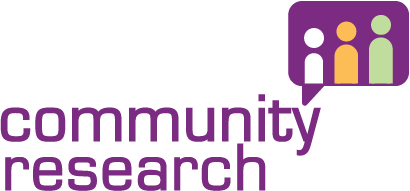Putting people at the heart of emergency response
The British Red Cross responds to an emergency in the UK every four hours, from domestic fires and power outages to major incidents, like terror attacks and floods. Their wholesale operational review and resulting report Harnessing the power of kindness for communities in crisis outlined the learning from the response to the terror attacks and the Grenfell Tower fire in 2017. As part of the review, eight person-centred principles were developed to create a framework for UK crisis response in the future. The British Red Cross then undertook a year of engagement, listening and learning to test these with different stakeholders.
As part of this wider engagement, Community Research was commissioned to engage with people with direct experience of major emergencies in the UK. The audiences we talked to included Red Cross staff/volunteers and members of the public who had lived experience of major emergencies. Our questions were focussed on the support received by affected people and the extent to which needs were met during and in the aftermath of the emergency. A rapid literature review was also conducted in order to make sure we were adding to the body of knowledge, rather than duplicating work that was already out there.
Our work identified four broad types of need which can be summarised as:
Physical and primary medical needs, including immediate safety;
Mental health and psycho-social support;
Information and communication;
Advocacy, support and advice.
We are really proud to have supported such an important project. It demanded all of our experience and sensitivity to ensure that people with experience of trauma were comfortable sharing their stories with our research team. We also need to be creative in our recruitment approach - networking our call for stories through social media and existing support organisations.
The views of people we spoke to fed directly into the British Red Cross’ ongoing work in crisis response. The feedback has helped them to review and develop their resilience, response and recovery activities, as well as shaping some newer services. As the recently published report, ‘Ready for Anything’, says “Nothing can ever replace the enduring sense of loss following an emergency – whether the impact is material, or the tragic death of a loved one. A better understanding of how to empower and equip people before, during and after a crisis, can however go a long way to ensuring that the road to recovery is clearer and their resilience for the future more secure.”

